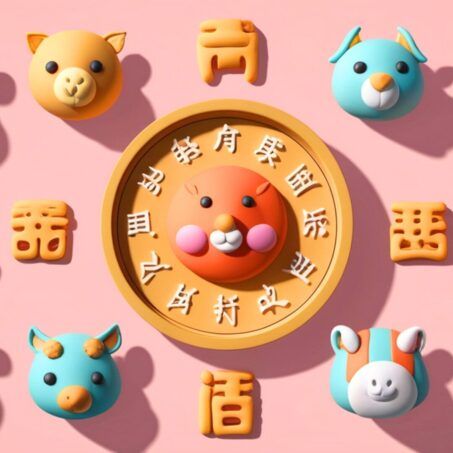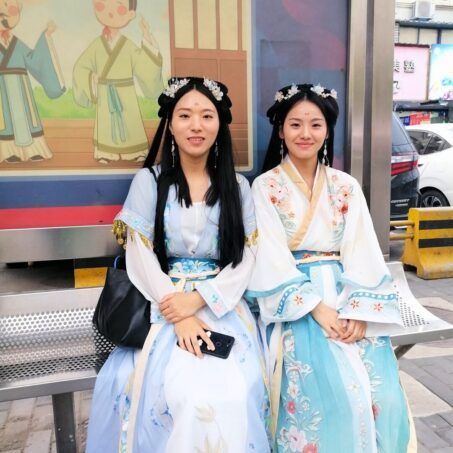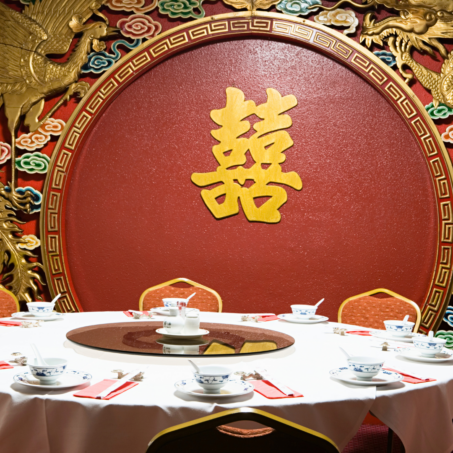Chinese names are much more than sounds. They’re a culmination of thousands of years of culture, history, heritage, family hopes and dreams, and – increasingly these days – individual expression.
In China, naming a child has long been steeped in symbolism and tradition. And while a huge respect for naming history remains, more and more parents are getting creative with their names… and foreigners looking to choose a Chinese name are doing so, too.
Chinese name structure
In the West, you’re usually addressed by your first name followed by your last name. On the other hand, Chinese names are arranged by surname (姓 xìng) first, followed by first names (名 míng), giving a person’s lineage the most importance.
But like the West, which has common surnames like Smith, Jones and Brown, China also has some commonly occurring surnames, like 王 Wáng, 李 Lǐ and 张 Zhāng.
How traditional Chinese names were chosen
First (‘given’) names are chosen with great care. In the past and still to this day, they’re often aspirational, reflecting positive attributes parents want for their child. It’s also still common for parents to go to a fortune teller to help them choose a name. The fortune teller will look into when the baby was born, what the future could hold for them, and choose an auspicious name that complements the child’s fortune.
For boys, traditional names might evoke strength and wisdom. For example, the name 张伟 (Zhāng Wěi) pairs the common surname 张 with a given name that means ‘great’. Traditional girls’ names, on the other hand, often embody beauty, grace and nature. For example, 王丽 Wáng Lì combines the common surname 王 with a given name that means ‘beautiful’.
Another naming tradition is passing on a ‘generation name’. This is a given name with a Chinese character that’s shared by all children born in the same generation within a family. For example, if two siblings have the names 王家文 Wáng Jiāwén and 王国文 Wáng Guówén, 文 wén is their shared generation character.
How modern Chinese parents are choosing baby names
With the shift towards individuality and the influence of global culture, the newest generation of Chinese parents is moving away from conventional naming choices. This has led to a rise in more creative, unique and gender-neutral names.
Instead of physical and superficial traits that were once stereotypically for girls or boys only, parents are now opting for characters that convey broader aspirations like 欣 xīn ‘joy’ and 安 ān ‘peace’. These more modern names also reflect a broader societal change, where individual identity is increasingly celebrated over rigid gender roles.
How to choose a Chinese name
If you’re interested in choosing your own Chinese name, there are a couple of ways you can go about it. You can transliterate your existing name to similar-sounding Chinese characters (for example, ‘Mark’ could become 马克 Mǎkè or 马可 Mǎkě).
But a more authentic approach would be choosing characters that reflect your personality, like Chinese parents do for their children,
If in doubt, it’s always a good idea to ask a native Chinese speaker for help, so you can make sure the meaning of your chosen names comes across accurately (and to avoid potentially embarrassing mistranslations!).
Want to learn more about both traditional and modern Chinese culture? Check out our homestay learning courses in China and Taiwan.





